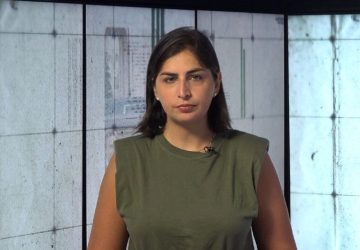Listen to the article
It won’t be an easy task for Hezbollah and Hamas to reach a decisive conclusion regarding how the Israeli Mossad successfully breached security and assassinated Hamas leader Saleh al-Arouri. This investigation will probably be a long one, the outcomes of which remain unclear for Hezbollah. Insight from intelligence experts points to meticulous Israeli surveillance of Arouri, culminating in the operation’s execution. This occurred once the Israelis were confident that the margin of error in achieving their objective was virtually nonexistent.
These experts emphasize that the Israeli security breach may have far-reaching dimensions encompassing Lebanese, Palestinian and Turkish fronts. The planning for such an operation likely started as early as the onset of the Al-Aqsa Flood operation. These same experts wonder why figures like Arouri and other Hamas leaders weren’t more cautious in the face of openly announced Israeli threats that were a clear indication of upcoming potential assassinations.
The details regarding Arouri’s assassination have not yet led to definitive conclusions. What is confirmed, however, is that multiple missiles struck the structure housing Arouri and its vicinity. Some reports mention six missiles, allegedly launched from fighter jets in the air rather than drones. These missiles are described as advanced and of remarkable precision. The Israelis can jam and disrupt the Lebanese army’s radar systems, making it impossible to determine whether there was Israeli fighter or drone activity at the moment of the attack on Arouri. This raises questions about whether the missiles were launched from an Israeli naval vessel, given its precision in targeting locations.
According to intelligence experts, the assassination of Arouri in the southern suburbs of Beirut has turned Lebanon into an unsafe area for leaders of Hamas and the Islamic Jihad. The current situation requires a reexamination of the safety measures adopted by these leaders, such as finding secure locations and exploring new cover-up methods. This is particularly crucial given Israel’s perception of Lebanon as a battleground, unlike other nations like Qatar and Turkey where Hamas leaders are based. As such, carrying out any assassination operations in these countries could lead to major crises, ones that Israel can easily do without.
On the other hand, assassinations perpetrated in countries such as Lebanon and Syria are not as weighty on Israel, as previous assassinations and attacks in those regions went unpunished. In addition, the decision for a comprehensive war has not yet been taken by Tehran, and whatever is currently taking place is a high-stakes verbal escalation, intertwined with reactions that do not measure up to the scale of Israeli assassinations.





